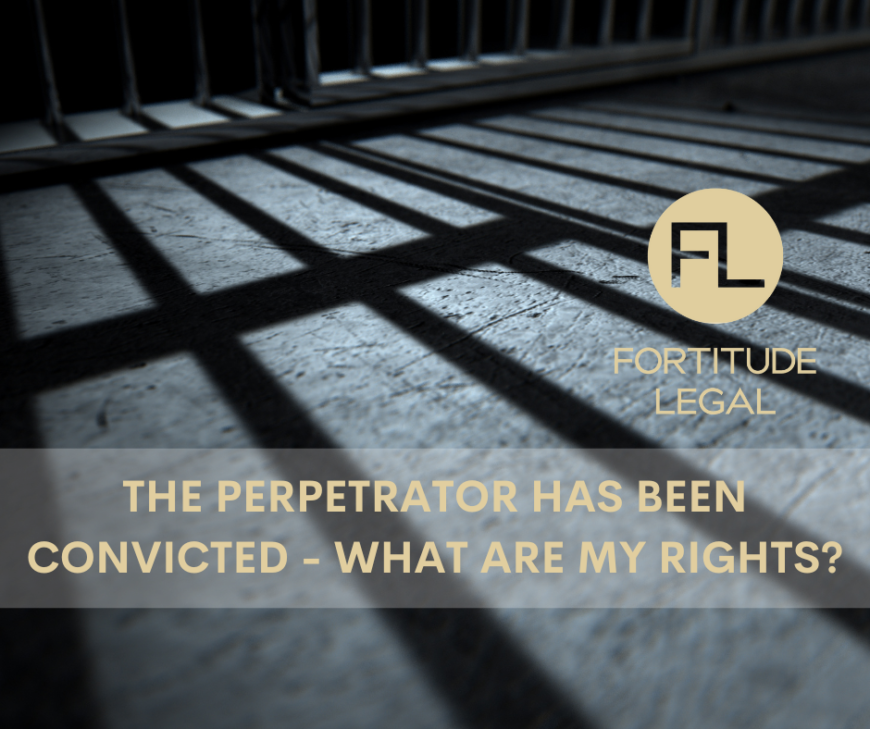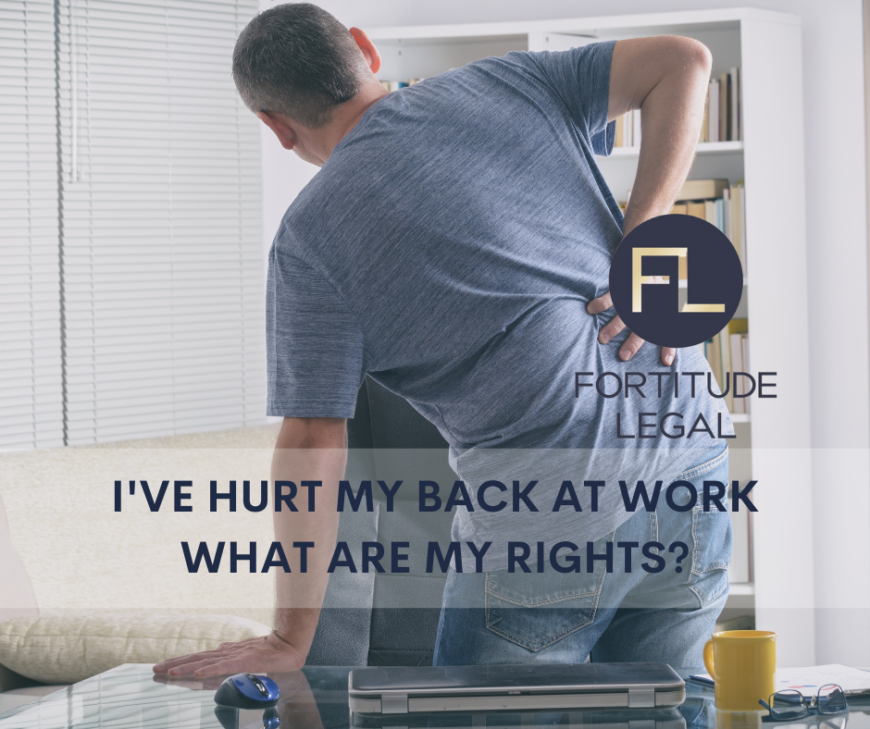Archive for April 2023
The Perpetrator Has Been Convicted – What Are My Rights To Compensation?
The perpetrator has been convicted, now what? If you have been injured as a result of a crime, you may be entitled to substantial lump sum compensation. This could include a claim against the perpetrator and/or the institution who failed to protect you from the crime. If the perpetrator has either pleaded guilty or been…
Read MoreI’ve Hurt My Back At Work – What Are My Compensation Entitlements?
I’ve Hurt My Back At Work – What Should I Do? If you have suffered an injury to your back at work, you might be able to make a claim for compensation. You may have suffered a back injury in the course of your employment due to heavy lifting, a slip and fall, or unsafe…
Read MoreInjured Off Road? Whether Dirt Bike, Paddock Bomb Or Quad Bike – You May Have Rights!
Injured Off Road? What Are My Rights? In the context of off-road motorcycling or driving, an accident does not necessarily have to occur on a public road in order for you to be eligible to receive compensation. For example, if you are injured whilst riding or driving a Victorian registered motorcycle or car on private…
Read More


